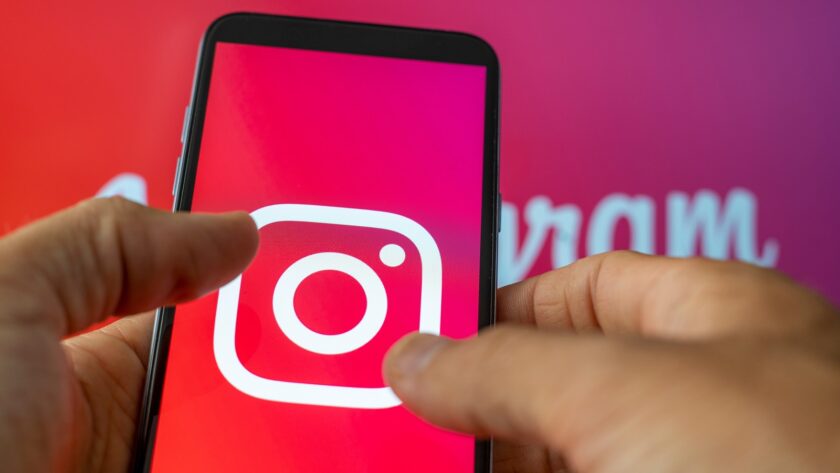Like other social media platforms throughout Meta, Instagram claims to take action against posts and messages containing intimidation, harassment, and other forms of digital abuse of women, bipoc, and lgbtq + people. But how much protection is really provided? A new study claimed that Instagram systematically failed to protect women from rough and misogynistic DMS.
The center for fighting Digital Hate (CCDH), an international non-profit organization that combat misuse of online and wrong information, published research, titled “Hidden Bench,” on Wednesday, April 6 found that of 8,717 DMS sent to five women in this study , Instagram failed to act at 90% of the rude message reported to the moderator. In other words, 227 cruel Instagram users from 253 were reportedly allowed to remain active on the platform one month after they were reported.
These statistics, which do not represent the user experience of ordinary women’s Instagram because they are obtained from small groups, indicating that Instagram has a systemic problem by taking action against foreigners who share vitriol to women personally.
“Instagram has chosen to side with the perpetrators of violence with negligence to create a culture where the perpetrators of violence do not cause consequences – deny the dignity of women and their ability to use digital space without harassment,” said Imran Ahmed, CDH CEO, said in a statement. “There is an epidemic of misogynistic abuse that occurs in women’s DMS. Meta and Instagram must place women’s rights before profits.”
The five women who faced misogyny on Instagram
The five leading women who participated in this study were Amber heard, actress “Aquaman” and “Justice League”; Rachel Riley, the announcer on the UK quiz shows “countdown”; Jamie Klingler, together recaptured these streets; Byrony Gordon, journalist and award-winning writer; And Sharan Dhaliwal, co-founder Burnt bread magazine – which mostly lives in England. With a total combined 4.8 million followers on Instagram, the contents of the DM they receive range from image-based sexual harassment to threats of sexual violence.
Dhawali said he received 120 unsolicited messages from foreigners over the eight-day period asking whether they could lick them, as well as some explicit messages about his body hair. Riley received 26 unsolicited messages from various people who detailed their sexual fantasies about him, Klingler got countless messages that both asked sex from him or asked him to become “Mommy Sugar” for younger men, even though he told him Instagram researchers. The account does not have such content to start, and Gordon received a rough message about his weight, which triggered him when he had struggled with bulimia in the past.
Hearing received a lot of death threats made to him, his family, and daughter of her baby. After submitting several police reports about the threat of death, he rose to use Instagram because it had an impact on his mental health until it became paranoid and frustrated for the alleged failure of the platform to deal with the abuse he faced.
Instagram’s safety features are ineffective, CCDH claims
Cindy Southworth, Head of Women’s Safety in Meta, Instagram Parent Company, released a statement that denied research findings. “While we do not agree with many CCDH conclusions, we agree that women’s abuse is not acceptable. That is why we do not allow gender-based hatred or threats of sexual violence, and last year we announce stronger protection for women. Numbers,” he said.
In April 2021, Instagram introduced the features of hidden words that allow users to filter DM requests containing hatred speeches, thus preventing users from seeing the request in the first place. Three months later, it introduced limitations, which gave users the ability to temporarily lock their account when the perpetrators of the donkey with harassment. Even with their protection in its place, CCDH has considered them ineffective, especially the features of hidden words. This shows that feature, in particular, places responsibility for the victim to jump through a circle to stop abuse.
CCDH also shows that users face difficulties in accessing data containing proof of rough messages, such as hearing and Gordon. Even worse, they are forced to see rough messages sent in disappear mode, and cannot report the voice record sent to their DM.




